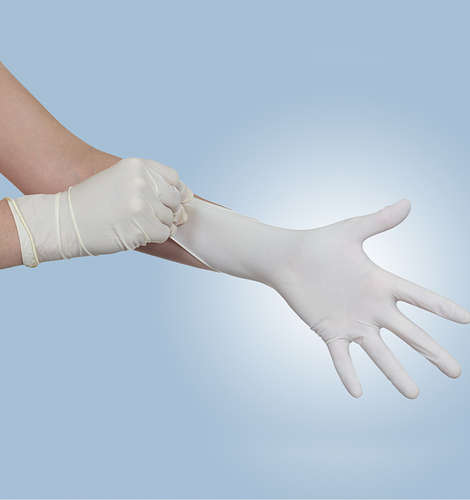Colonoscopy is a common procedure screening for colorectal cancers. Effective bowel preparation is essential to achieve good visual screening results. A recent study suggests guidelines to optimize this preparation.
Colon and rectal cancers are often referred to as colorectal cancers. It is the fourth most common cancer in the US. The American Cancer Society estimated that the number of new cases of colon cancer and rectal cancer are 95,270 and 39,220, respectively, for a total of estimated 134,490 new cases of colorectal cancer for 2016. Estimated deaths from colorectal cancer are 49,190.
Although other non-invasive tests are available, colonoscopy offers the unique advantage of being both a diagnostic and therapeutic tool for colorectal cancers.
Poor visual is risky and costly
The success of a colonoscopy depends on clear screening visualization. Optimal bowel preparation before the procedure is, therefore, important.
Poor preparation can lead to small or flat lesions being missed, increased detection failures, shortened surveillance times, and an increased reliance on sedatives and analgesics to ease patient discomfort. The need for repeated colonoscopy also adds to healthcare costs.
No more one-size-fits-all
Poor bowel preparations are caused by many factors, stemming mainly from patient non-compliance (generally due to an inability to follow or fully understand the preparation instructions) and other common complications, including narcotic use, chronic constipation and concurrent medical conditions.
A recent study published in the Annals of Gastroenterology suggests some guidelines to promote consistent good bowel preparations and optimal colonoscopy screenings.
The objective of the proposed measures is to make the preparation process more tolerable for patients without causing any measurable decrease in the overall bowel preparation quality.
The researchers suggest that doctors assess patients prior to colonoscopy to identify and remedy any potential risks for non-compliance, and prescribe more personalized bowel preparation.
For example, those who have difficulty drinking the commonly prescribed 4-litre bowel preparation agent may be offered a lower-volume agent instead.
Preparation instructions may also be adjusted. For example, a single-dose preparation can be changed to split-dose, with patients ingesting half of the bowel preparation agent on the day prior to colonoscopy and the remaining half the night before.

